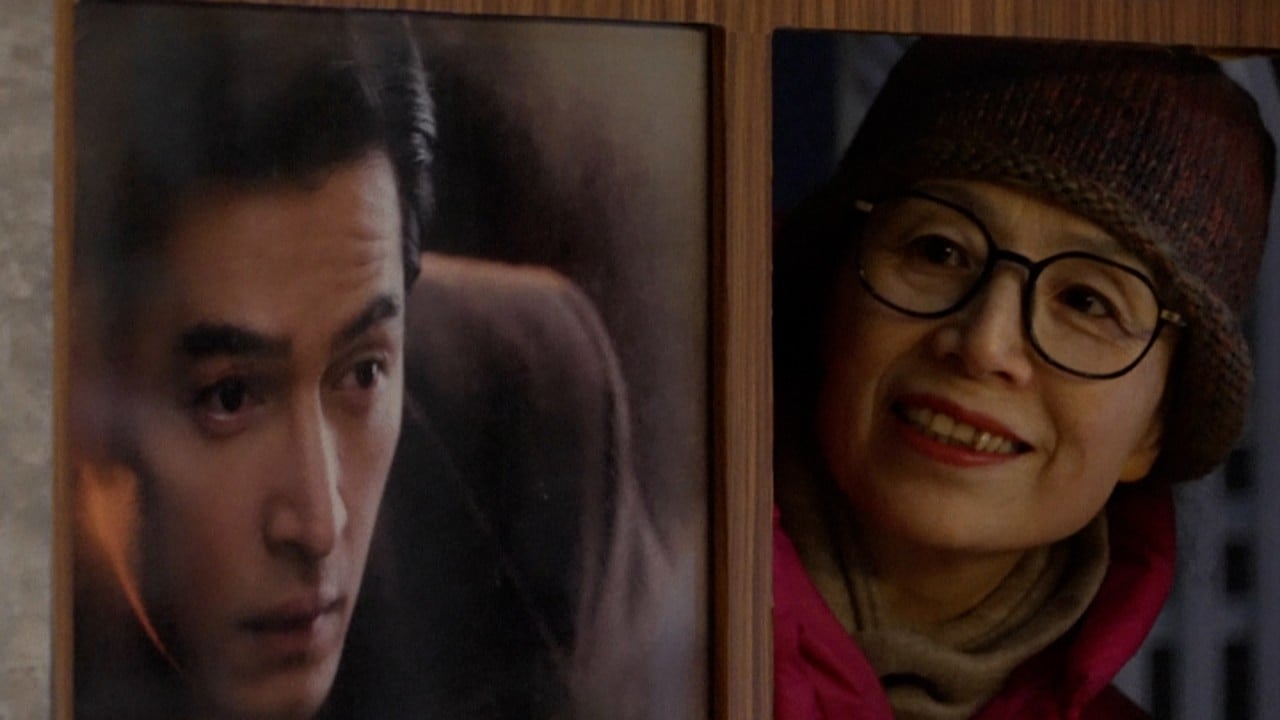
Letters | Wong Kar-wai’s Blossoms Shanghai is a kiss of life to a declining dialect
- Readers discuss the Hong Kong auteur’s first foray into television, the fortunes of TVB, appropriate dress for young women, and what Hong Kong officials should do with their time
The Shanghai dialect used to be heard in many parts of China, as the Shanghainese diaspora spread, but the vernacular has been on the wane – until now.
Based on a novel of the same title, Blossoms is a magnificent saga of the heady days of the 1990s, when China’s economy was opening up and the bold and foolhardy were rushing to make fast money from nascent stock markets. In particular, it is an engrossing story of Abao, a young man in Shanghai who transforms himself into Boss Bao with the guidance of a wise old businessman.
Blossoms is also a tale of two cities, Shanghai and Hong Kong. Around 1949, when the Nationalist government was defeated in the civil war, the rich and the not-so-rich migrated from Shanghai to Hong Kong in large numbers. Wong himself was five when he left Shanghai with his parents. In Blossoms, it so happens that Boss Bao has an older brother in Hong Kong.
Boss Bao was raised in Shanghai’s former French Concession, somewhere between roads that were once named for Moliere and Pierre Corneille, the great writers of French comedy and tragedy respectively. Shanghai, too, has had its share of laughter and tears. The bronze Pushkin featured in a sentimental scene in Blossoms was erected in 1937, destroyed during World War II, rebuilt in 1947, destroyed again in 1966 and rebuilt yet again in 1987.
The Wu language whether spoken in Shanghai or Suzhou is essentially the same – much like American English and British English.
The Suzhou dialect, alas, is dying fast. Children born in the city no longer really speak it. Migrants are overwhelming Suzhou, demographically and linguistically. The culture of Suzhou, embodied in the dialect, may be a victim of the city’s economic success. In 2022, Suzhou ranked sixth in gross domestic product, after cities including Shanghai, Beijing and Shenzhen.
For now, Blossoms Shanghai has reignited interest in the Shanghai dialect. But it is uncertain how viable the vernacular will remain, and for how long.
Zhu Weiyi, professor, China-EU School of Law, China University of Political Science and Law
TVB will recover, mark my words
I am confident that TVB’s prayers for higher ratings and revenue will be answered.
Edmond Pang, Fanling
Young women shouldn’t be fashion victims
What a shock I got when I saw Gigi Yim Ming-hay, a young Cantopop singer, appearing at a recent music awards ceremony in a low-cut strapless outfit. What was the intention of her stylist? Do they see the damage being done to her image as a teen idol?
On the other hand, I stumbled upon a travel programme on television the other night and was struck by the natural ease of the young presenter. I also found her simple outfit pleasant-looking.
Understandably, teenagers see dressing as a form of self-expression. It is pathetic, however, that probably due to media influence, many young women wear heavy make-up and revealing clothes to enhance their physical and sexual attractiveness.
How I wish they could be convinced that nothing beats their natural youthful appearance and that they look best in classy and decent attire.
I may be criticised for being an old fuddy-duddy. But I just cannot bear to see young innocents in flirty dresses. It is hoped that parents and teachers will attach greater importance to educating teenage girls on the need for self-respect and self-care when it comes to how they present themselves. They should not be blindly following fashion trends.
Angela Chong, Macau
If Hong Kong could be a competitive Chinese city, why not?
While I quite agree, I would like to add that there is nothing wrong with Hong Kong becoming another Chinese city. Rather, the key question is whether Hong Kong can maintain its competitive edge over other Chinese cities by drawing upon its rich history, past accomplishments and colonial heritage.
With regard to Hong Kong’s political elite, the observations made by former leader Leung Chun-ying are undeniably valid. It is worth contemplating whether officials have sufficient time to fulfil their duties, amid numerous functions and photo opportunities.
Perhaps they could make better use of their time by visiting various districts, engaging with the public, gaining a deeper understanding of their needs and concerns, and immersing themselves in everyday life through the use of public transport, dining at local eateries, and shopping at neighbourhood supermarkets or traditional wet markets.
Ilnur Minakhmetov, Jordan


